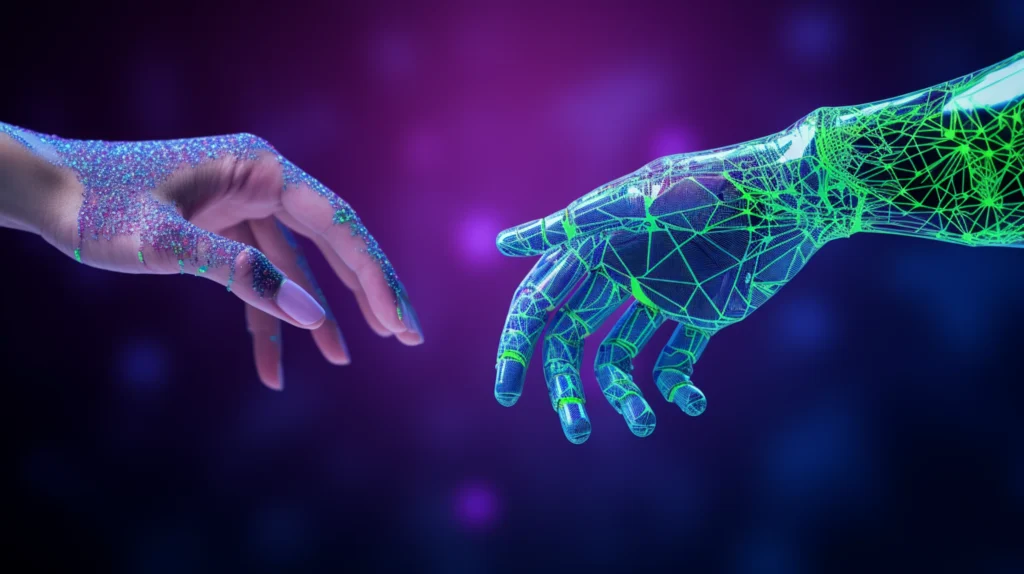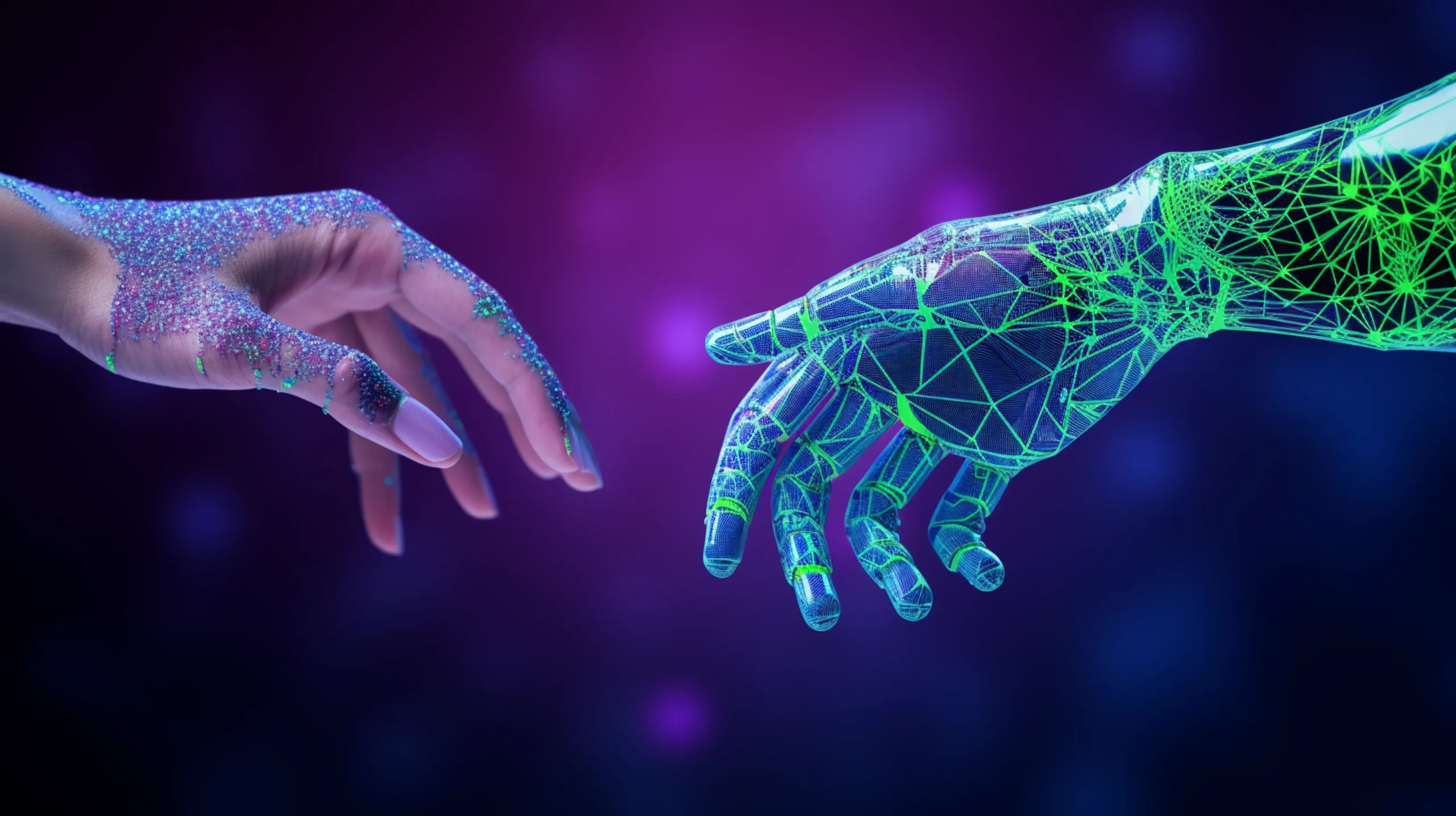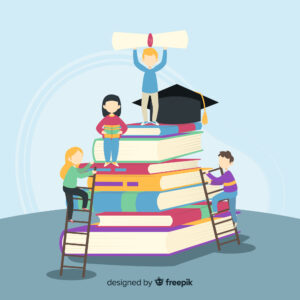How AI Personalizes Learning: Tailoring education for every Individual

In the ever-evolving landscape of education, the integration of Artificial Intelligence (AI) has sparked a revolution in personalizing learning experiences. With its adaptive capabilities, AI is reshaping traditional educational models, offering tailored approaches that cater to each learner’s unique needs and abilities. This article delves into the transformative power of AI in education, exploring how it individualizes learning paths, optimizes teaching methodologies, and ultimately redefines the way we learn. , AI has the unprecedented ability to analyze vast amounts of data on individual learning patterns, preferences, and strengths. By harnessing this data, AI constructs tailored learning pathways for each student, adapting content, pacing, and even teaching styles to match their unique needs. AI enables a truly personalized learning experience that caters to the diverse abilities and learning speeds of every individual. This personalized approach not only fosters deeper understanding and engagement but also empowers learners to take control of their educational journey, amplifying their potential for success
Machine Learning is the last invention
―NickBostrom
that humanity will ever need
AI can be applied in various ways to personalize learning experiences: Adaptive Learning Platforms: AI-powered platforms analyze student performance and behavior to tailor the learning journey. Personalized Recommendations: Similar to streaming services suggesting movies, AI recommends learning resources—books, videos, quizzes—based on a student’s interests, past performance, and learning style. Individualized Feedback: AI can provide immediate and personalized feedback on assignments, highlighting areas for improvement and offering targeted guidance to enhance learning outcomes. Assistive Technologies: AI assists students with learning disabilities by offering tailored resources and adaptive interfaces that accommodate their specific needs.
How AI differs from traditional learning: AI differs from traditional learning by its ability to tailor education to individual needs. Unlike the standardized approach of traditional methods, AI analyzes data on each learner’s strengths, weaknesses, and pace, offering personalized content, adaptive feedback, and customized pathways. It adjusts in real time, fostering engagement and deeper understanding. Traditional learning typically employs uniform curriculum and assessment without personalized adaptation, lacking the agility and precision that AI brings to cater to diverse learning styles and speeds. . AI can be applied in various ways to personalize learning experiences: Adaptive Learning Platforms: AI-powered platforms analyze student performance and behavior to tailor the learning journey. Personalized Recommendations: Similar to streaming services suggesting movies, AI recommends learning resources—books, videos, quizzes—based on a student’s interests, past performance, and learning style. Individualized Feedback: AI can provide immediate and personalized feedback on assignments, highlighting areas for improvement and offering targeted guidance to enhance learning outcomes. Assistive Technologies: AI assists students with learning disabilities by offering tailored resources and adaptive interfaces that accommodate their specific needs.
For instance: Two real-world examples of AI-powered personalized learning in action are Khan Academy and Duolingo. Khan Academy is an online learning platform that offers short video lessons, practice exercises, and quizzes to help people learn various subjects. It utilizes AI algorithms to analyze data collected from millions of students engaging with their educational resources. Khan Academy aims to optimize the learning experience, boost student engagement, and foster better academic outcomes. Duolingo is an interactive online platform that helps you learn new languages in an engaging way. It utilizes AI algorithms to deliver personalized language instruction to millions of users worldwide
The Future of AI-Powered Personalized Learning; Recently, AI has made drastic advances in natural language processing (NLP) specifically language models and chatbots. These chatbots are now widely utilized in personalized learning to facilitate interactive conversations with learners, address their inquiries, and offer tailored recommendations based on their individual needs and progress. The continuous progress in NLP technology further enhances the sophistication of these chatbots, enabling them to comprehend context and emotions and deliver better assistance. Integrating technologies like VR and AR into AI-powered personalized learning can create interactive and immersive learning experiences beyond traditional classrooms.AI-powered personalized learning can engage students in virtual environments to simulate diverse scenarios which cannot be replicated in traditional classrooms.



